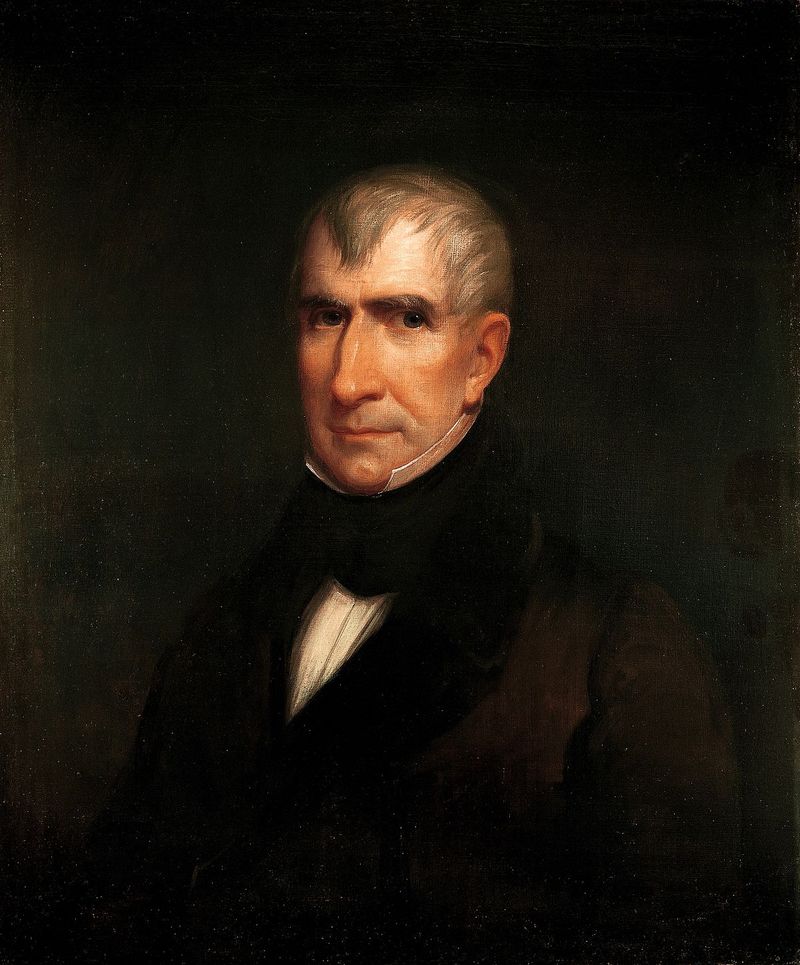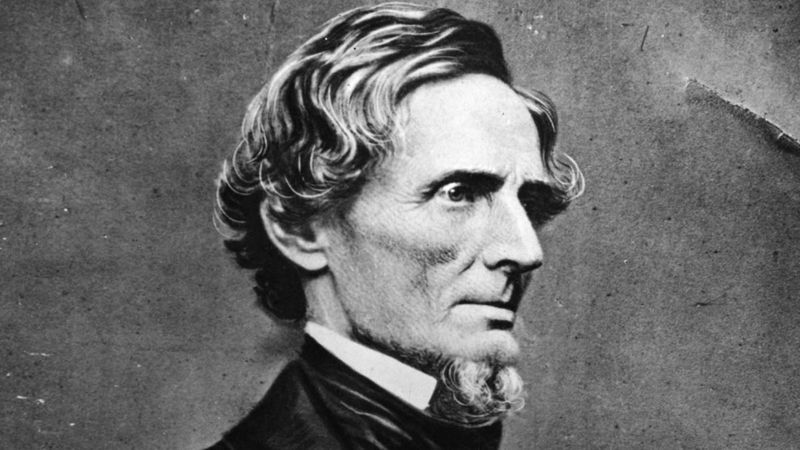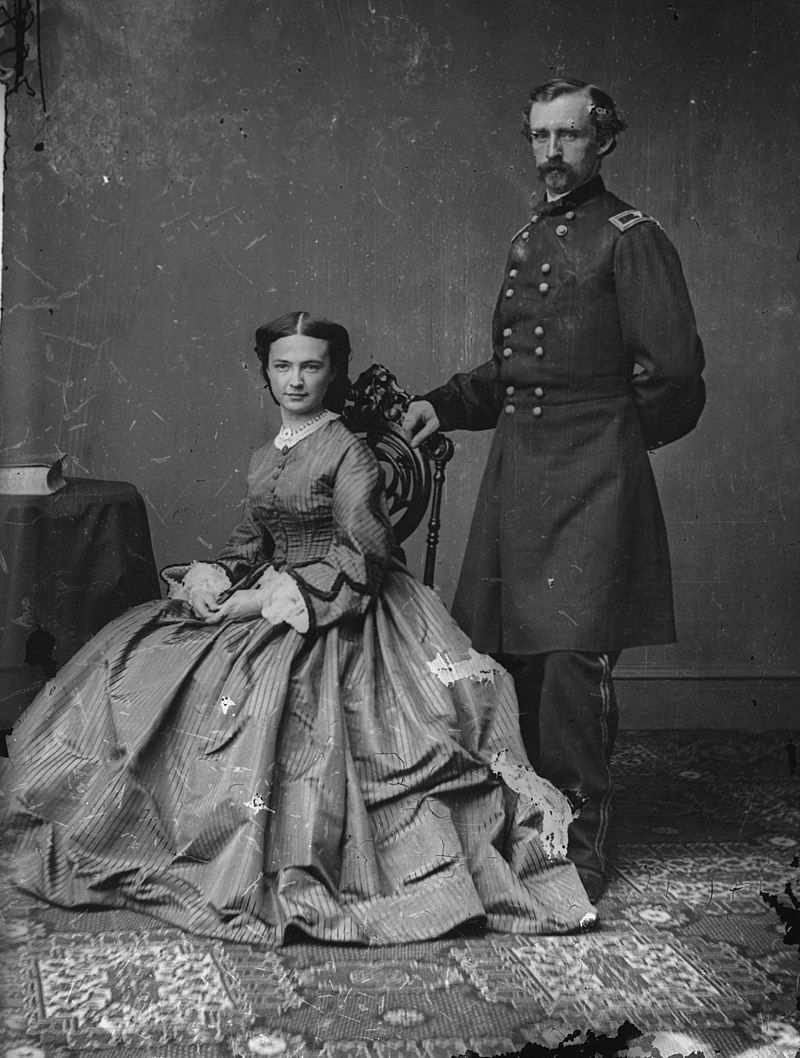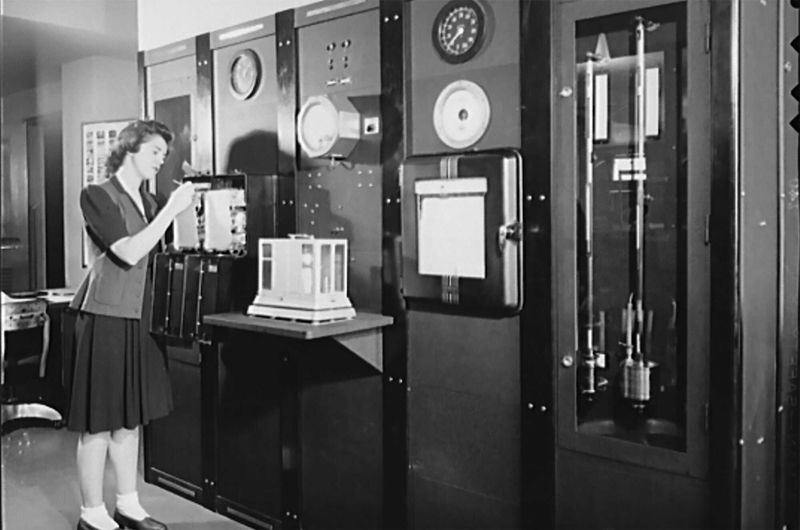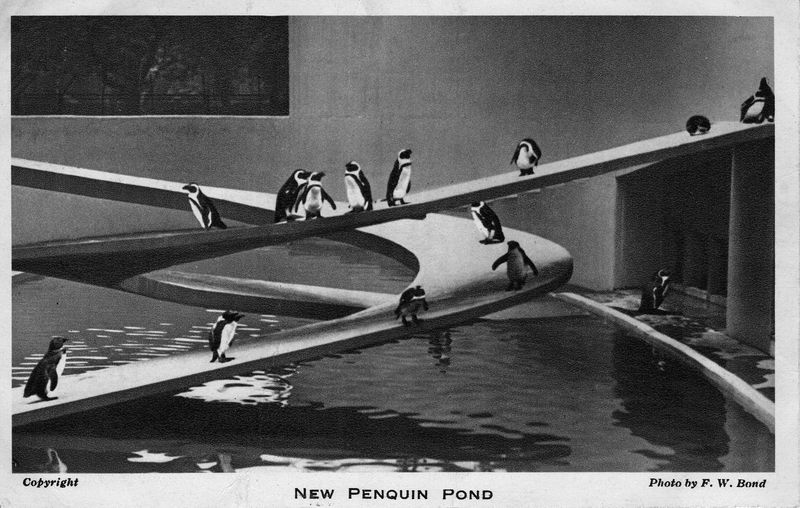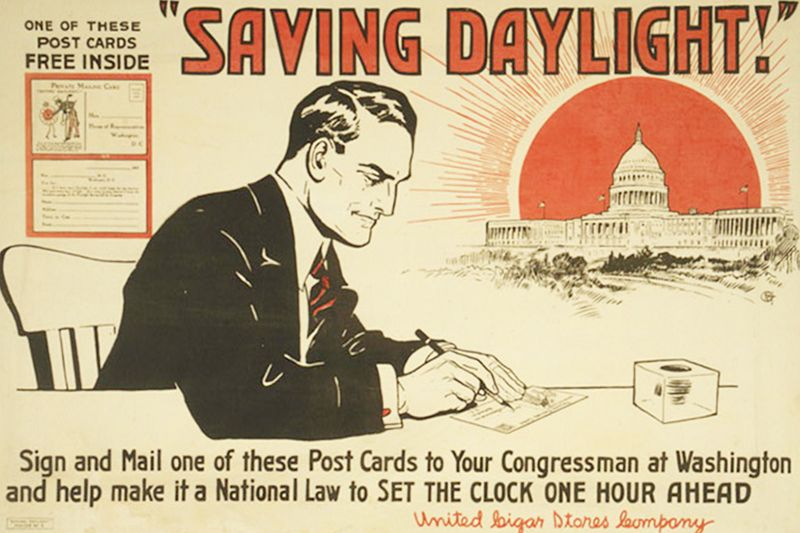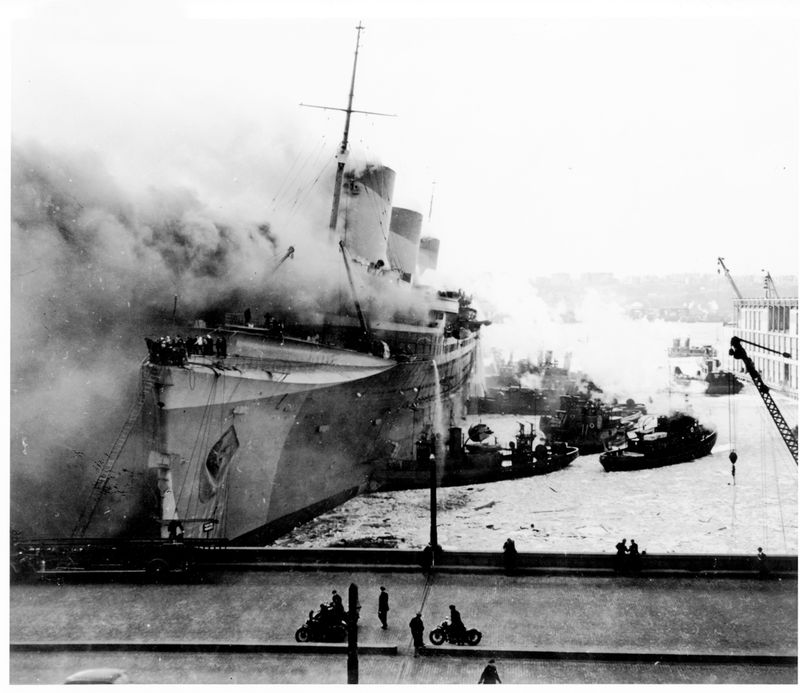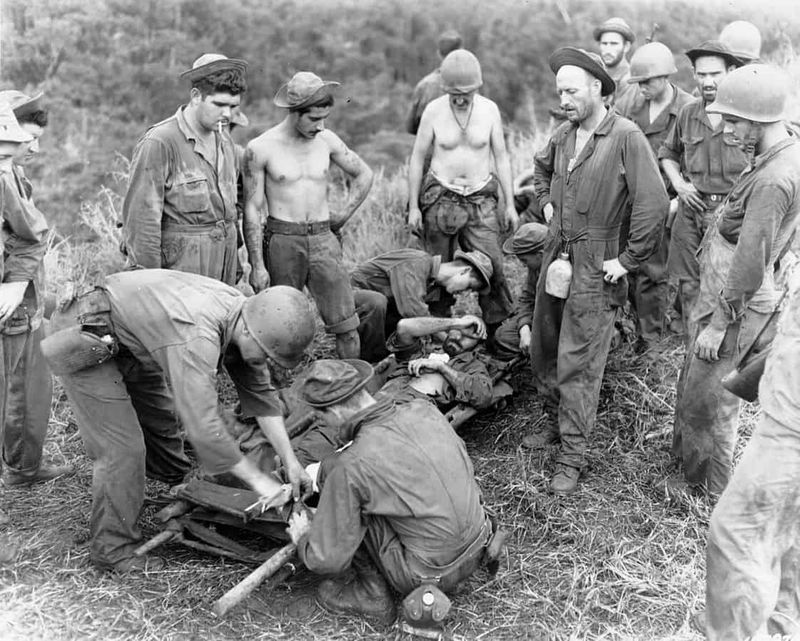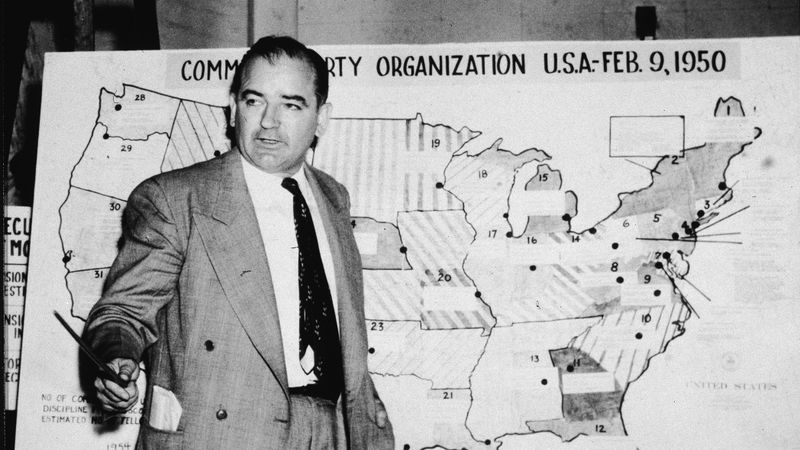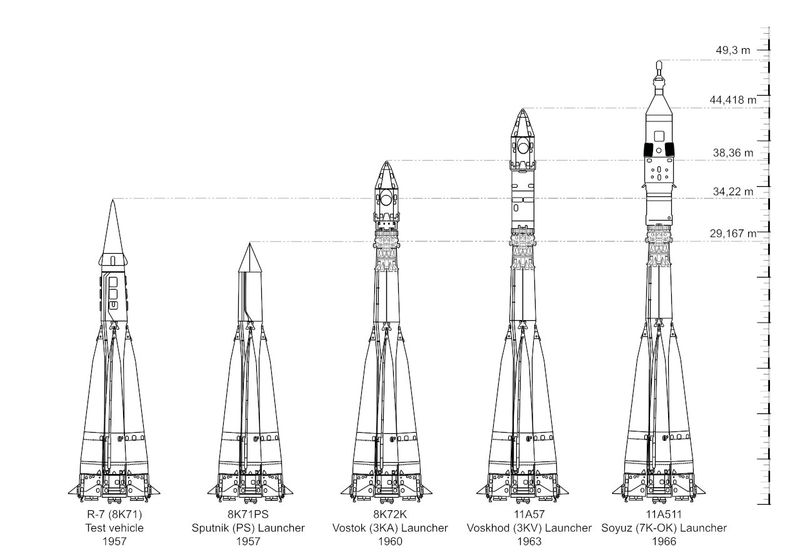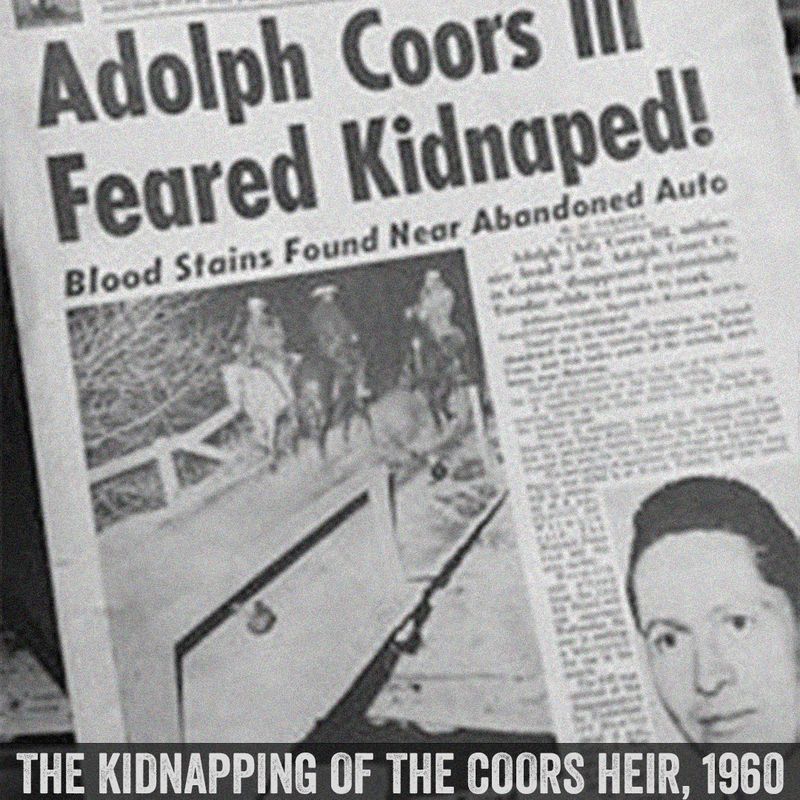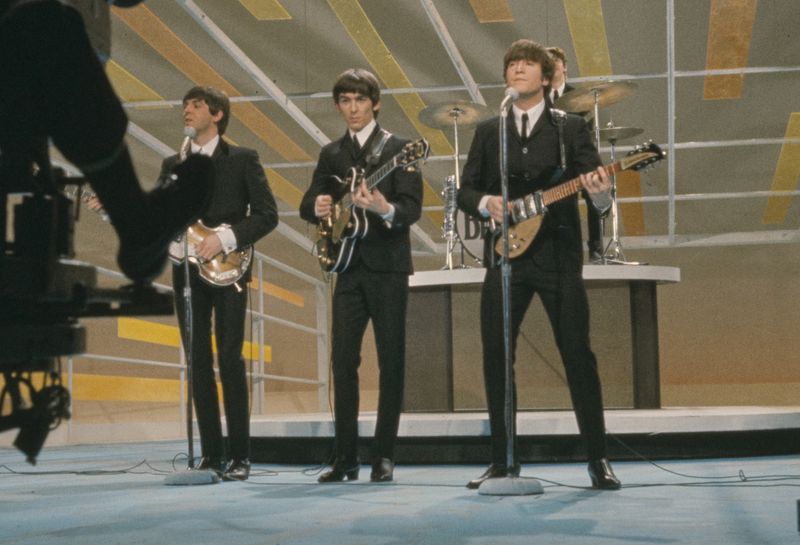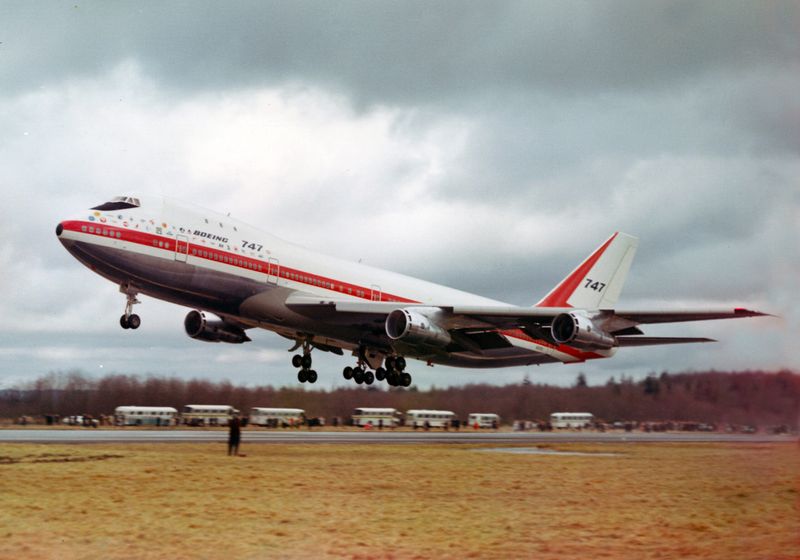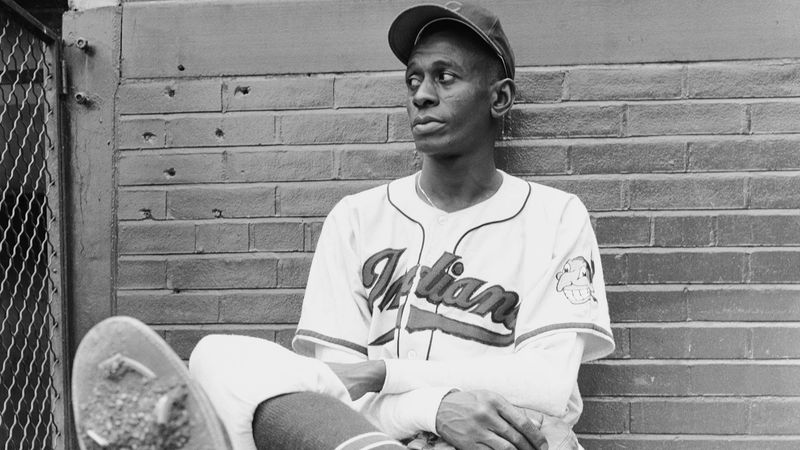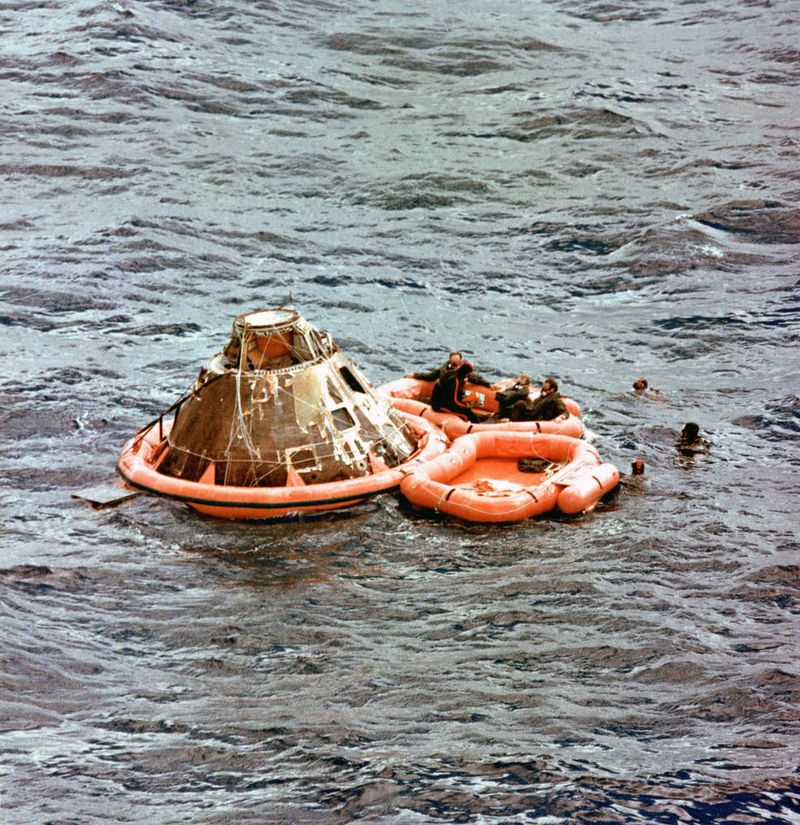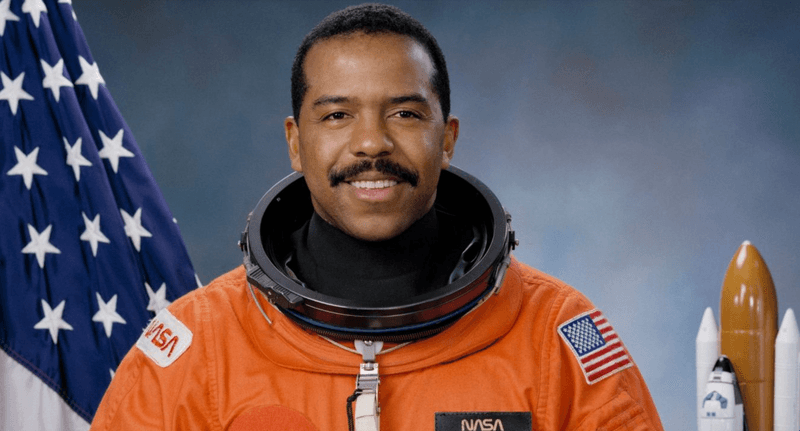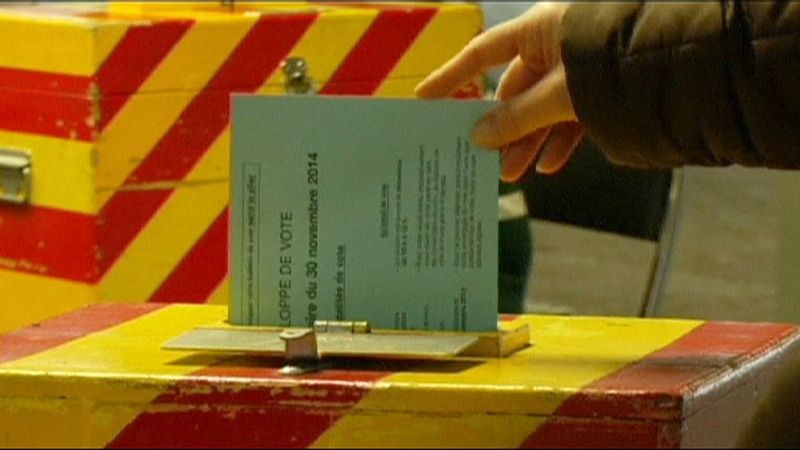February 9th has witnessed countless historic moments that have left an indelible mark on human history.
From groundbreaking discoveries and technological advancements to pivotal political events and cultural milestones, this day has seen it all.
Here’s a curated list of 20 significant events that happened on this day, capturing the essence of past eras and the progress of humanity.
1. 1773 William Henry Harrison is born
William Henry Harrison, the future ninth President of the United States, was born on February 9, 1773, in Charles City County, Virginia. Harrison would go on to have a diverse career as a military officer and politician.
His presidency, although lasting only 31 days due to his untimely death, was a pivotal moment in American history. Harrison’s brief tenure highlighted the importance of establishing clear presidential succession protocols.
Despite his short-lived presidency, his legacy endures through his contributions to American politics and military achievements.
2. 1861 – Jefferson Davis Elected President of the Confederacy
On February 9th, 1861, Jefferson Davis was elected as the first and only President of the Confederate States of America. Davis, a former U.S. Senator, faced the enormous task of leading the Confederacy through the American Civil War.
His leadership was marked by both strategic challenges and ideological commitments to states’ rights. Despite the initial momentum, the Confederacy faced logistical hurdles and diplomatic isolation.
Davis’s presidency ended in 1865 with the Confederacy’s defeat. His legacy is intertwined with the complexities of the Civil War and remains a topic of debate and study in American history.
3. 1864 Union general George Custer marries
On February 9, 1864, Union General George Custer married Elizabeth Bacon in Monroe, Michigan. Their wedding was a significant social event, drawing attention due to Custer’s rising fame as a Civil War hero.
The union between Custer and Bacon was both a personal and public affair, highlighting the social dynamics of the time. Custer’s military career would later become legendary, with his name forever linked to the Battle of Little Bighorn.
Their marriage endured through the challenges of war, symbolizing love and commitment amidst the uncertainties of the era.
4. 1870 – Establishment of the U.S. Weather Bureau
The 9th of February 1870 marked the establishment of the U.S. Weather Bureau, now known as the National Weather Service. This pivotal moment in meteorological history was driven by the vision to better understand and predict weather phenomena.
Before this, weather forecasting was a rudimentary science, often relying on observational methods passed down through generations.
With the Bureau’s inception, systematic data collection and analysis became the foundation of meteorology. The early days saw scientists using barometers, thermometers, and telegraphs to relay information.
This institution laid the groundwork for modern weather forecasting, which today saves countless lives and supports various sectors.
From humble beginnings, the Weather Bureau’s advancements have become integral to daily life, signaling storms, guiding agriculture, and influencing travel.
The foresight of those early pioneers continues to resonate, highlighting the ever-evolving dance between nature and science.
5. 1931 – A Unique Attempt: Penguin Racing in London Zoo
Imagine penguins racing! On February 9, 1931, the London Zoo hosted a quirky event featuring penguin racing. Visitors lined up to witness these tuxedoed birds waddle along a makeshift race track, creating an amusing spectacle.
The event was organized as a unique attraction, drawing large crowds eager for light-hearted entertainment. While penguin racing never became a mainstream sport, it offered a delightful distraction from the economic woes of the era.
This whimsical occurrence exemplified the inventive ways people sought joy during challenging times, and it remains a quirky footnote in the history of leisure activities.
6. 1942 Daylight saving time instituted
Daylight saving time was officially instituted in the United States on February 9, 1942, as a wartime measure to conserve energy. The shift aimed to maximize daylight hours, thereby reducing the need for artificial lighting.
This policy not only supported the war effort but also sparked debate about its long-term impact on society. While some praised the energy savings, others criticized the disruption to daily life.
Daylight saving time continues to be a topic of discussion, as communities weigh its advantages and drawbacks in modern times.
7. 1942 The S.S. Normandie catches fire
The iconic French ocean liner, S.S. Normandie, tragically caught fire while docked in New York harbor on February 9, 1942. The blaze quickly spread, causing the ship to capsize by the following day.
This maritime disaster marked the end of the Normandie’s illustrious career as one of the most luxurious and fastest liners of its time. The loss was felt worldwide, symbolizing the impact of World War II on civilian vessels.
Despite the tragedy, the Normandie remains a symbol of 1930s elegance and innovation in maritime engineering.
8. 1943 – Japanese Withdrawal from Guadalcanal (End of Guadalcanal Campaign)
On February 9th, 1943, Japanese forces withdrew from Guadalcanal, marking the end of a grueling campaign. This withdrawal represented a strategic victory for Allied forces in the Pacific Theater during World War II.
The campaign’s conclusion bolstered allied morale and disrupted Japanese expansion efforts. It showcased the resilience and tenacity of troops who endured harsh conditions and intense combat.
The Guadalcanal victory had a lasting impact on the war’s trajectory, emphasizing the importance of perseverance and strategic planning in achieving military success.
9. 1950 – Senator McCarthy’s Anti-Communist Speech
Senator Joseph McCarthy delivered his infamous anti-communist speech on February 9, 1950, in Wheeling, West Virginia. McCarthy claimed to have a list of communists working in the U.S. government, sparking a nationwide frenzy.
This speech marked the beginning of McCarthyism, a period characterized by intense scrutiny and suspicion. Many individuals faced investigations and accusations without substantial evidence, leading to ruined careers and strained relations.
McCarthy’s rhetoric fueled the Red Scare, as fear spread like wildfire across the nation. This period remains a cautionary tale of the dangers of unfounded accusations.
10. 1959 – The world’s first intercontinental ballistic missile becomes operational in the USSR
On February 9, 1959, the Soviet Union achieved a significant milestone by making the world’s first intercontinental ballistic missile (ICBM) operational. This groundbreaking development altered the Cold War dynamics between the USSR and the United States.
The R-7 Semyorka was the missile that brought this capability to life, capable of delivering nuclear warheads to distant targets. This technological advancement intensified the arms race, as both superpowers sought to outdo each other.
The operational ICBM underscored the escalating tensions and the looming threat of nuclear conflict during this era of global uncertainty.
11. 1960 Coors brewery heir is kidnapped
On February 9, 1960, Adolph Coors III, heir to the Coors brewery empire, was kidnapped while driving to work in Colorado. This shocking event captivated the nation and led to an extensive manhunt.
Sadly, Coors was murdered, but his case brought significant attention to the issue of personal security for prominent individuals. The investigation eventually led to the capture of his kidnapper, Joseph Corbett Jr.
This tragic story underscored the vulnerabilities faced by high-profile families and prompted increased security measures in corporate America.
12. 1964 – The Beatles Make Their U.S. TV Debut on the Ed Sullivan Show
On February 9th, 1964, The Beatles made their iconic U.S. TV debut on the Ed Sullivan Show, captivating millions of viewers. This performance marked a turning point in music history, signaling the start of the British Invasion.
The Beatles’ appearance introduced Americans to their unique sound and charisma, sparking a cultural phenomenon. Their influence extended beyond music, shaping fashion, attitudes, and social trends.
This moment remains a defining chapter in pop culture, highlighting the power of media in amplifying artistic expression and connecting diverse audiences.
13. 1969 – Maiden Flight of the Boeing 747
On February 9, 1969, the Boeing 747, also known as the Jumbo Jet, embarked on its maiden flight from Everett, Washington. This historic flight marked a new era in air travel, revolutionizing the industry with its sheer size and capacity.
The 747 could accommodate more passengers, making air travel more accessible and economical. Its introduction changed the dynamics of international travel, connecting people and cultures like never before.
Often referred to as the “Queen of the Skies,” the Boeing 747 remains an iconic symbol in aviation history, paving the way for advancements in aircraft technology.
14. 1971 Satchel Paige nominated to Baseball Hall of Fame
Legendary pitcher Satchel Paige was nominated to the Baseball Hall of Fame on February 9, 1971. Paige, known for his exceptional skill and charisma, was a trailblazer in the world of baseball, especially as an African American player during a time of segregation.
His nomination was a recognition of his outstanding career in both the Negro Leagues and Major League Baseball. Paige’s induction symbolized progress in the sports community, honoring talent over racial barriers.
His legacy continues to inspire young athletes, highlighting the importance of perseverance and excellence in achieving one’s dreams.
15. 1971 – Apollo 14 Mission Splashdown
On February 9th, 1971, the Apollo 14 mission successfully splashed down, concluding a historic lunar exploration. This mission achieved remarkable scientific goals, enhancing our understanding of the moon.
The splashdown marked a triumphant end to a challenging mission, showcasing human ingenuity and determination in overcoming obstacles. It reinforced public interest in space exploration, paving the way for future missions.
This event stands as a testament to the collaborative spirit and technological advancements driving the quest for knowledge beyond our planet.
16. 1992 Magic Johnson returns for All‑Star Game
In a highly anticipated event, Magic Johnson returned to basketball for the NBA All-Star Game on February 9, 1992. Having retired earlier due to an HIV diagnosis, Johnson’s return was both inspiring and controversial.
His performance, which earned him the All-Star MVP title, showcased his enduring skill and resilience. Johnson’s participation was a powerful statement about living with HIV, challenging societal misconceptions and stigma.
His comeback not only thrilled basketball fans but also brought awareness to the HIV/AIDS epidemic, promoting compassion and understanding for those affected.
17. 1995 Bernard Harris becomes the first Black man to walk in space
On February 9, 1995, Dr. Bernard Harris became the first African American to perform a spacewalk during the Space Shuttle Discovery mission STS-63. This achievement marked a significant milestone in NASA’s history and in the broader narrative of space exploration.
Harris, an accomplished astronaut and medical doctor, spent roughly four hours outside the shuttle, conducting vital experiments and tests.
His pioneering spirit not only advanced scientific knowledge but also inspired countless individuals worldwide. Harris’s contribution to space exploration underscores the importance of diversity and representation in all fields, particularly those at the frontier of human endeavor.
18. 1996 – IRA ends an 18-month ceasefire by exploding a large bomb in London
The Provisional Irish Republican Army (IRA) ended its 18-month ceasefire on February 9, 1996, with a devastating bomb explosion in London’s Docklands. The attack killed two and injured over 100, marking a return to violence.
This event shocked the world and complicated the ongoing peace negotiations in Northern Ireland. The bombing demonstrated the tension and challenges faced during the peace process.
Despite this setback, peace efforts continued, eventually leading to the Good Friday Agreement. This day serves as a reminder of the difficulties in resolving deep-rooted conflicts and the importance of diplomacy.
19. 2018 – Opening of the Pyeongchang Winter Olympics
On February 9th, 2018, the Pyeongchang Winter Olympics officially opened, celebrating athletic excellence and international unity. The event brought together athletes from around the world, showcasing diverse talents and cultures.
The opening ceremony captivated audiences with stunning performances and displays of national pride. It underscored the Olympics’ role in promoting peace and friendship among nations.
This event highlighted the spirit of competition and camaraderie, reinforcing the enduring appeal of the Olympic Games as a global celebration of sport.
20. 2014 – Swiss Referendum on Immigration Held
On February 9, 2014, Switzerland held a historic referendum on the regulation of immigration. Citizens voted in favor of imposing strict quotas on immigration, demonstrating a shift in the country’s approach to foreign policy.
This decision sparked widespread debate across Europe, as Switzerland is known for its liberal and open approach.
The referendum was driven by concerns over population growth, environmental issues, and cultural integration. It underscored the tension between maintaining economic stability and addressing public sentiment on national identity.
Though controversial, this event highlighted the complexities of immigration policies in a globalized world. The Swiss referendum served as a catalyst for discussion on how nations balance sovereignty with international cooperation.

